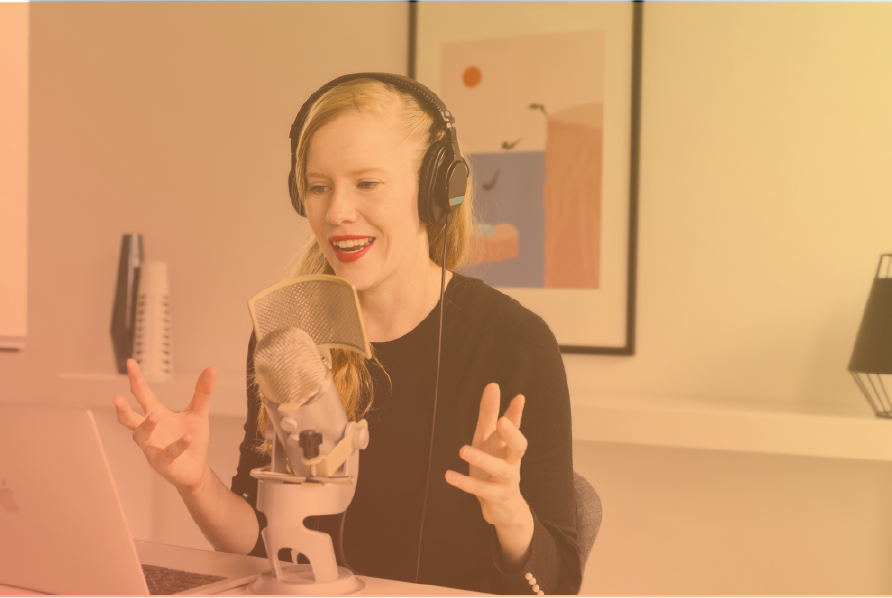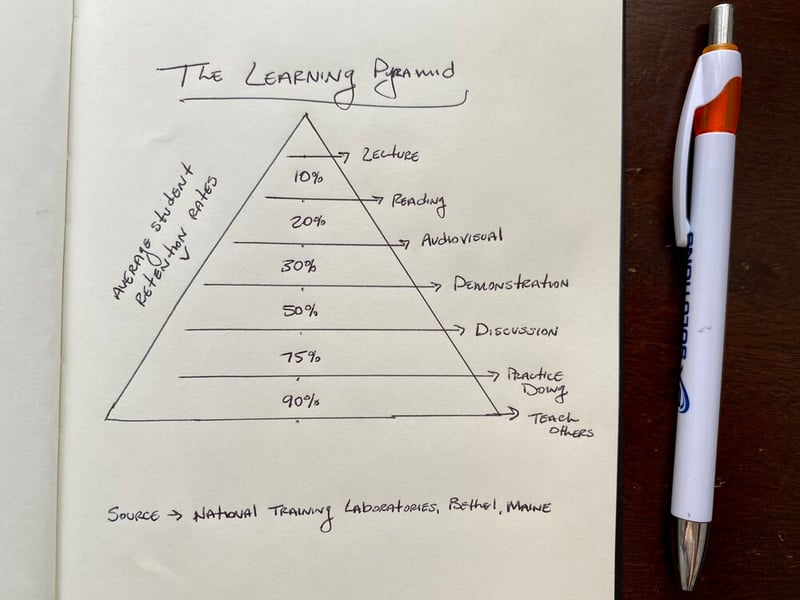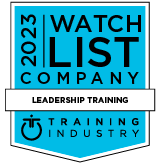The One Who Does The Talking, Does The Learning

Contents
It was a bright and sunny day on the 25th floor of one of Chicago’s tallest skyscrapers.
Our team had just finished an important demo with a potential client around the notion of empowerment.
Just before we ended our session, we asked each participant, what was your major takeaway from our time together?
The last participant to respond was quiet for a moment in a thoughtful reflection and said, “You actually completely changed my mind. I did not believe you when you said 'whoever does the talking does the learning.' I was always under the impression it was the other way…that’s how we were taught; you sit in a classroom, someone talks, you listen, and you learn.”

Teaching Others
Although The Learning Pyramid model has too many variables to be precise (the individual, the content, how memory was tested, etc.), one idea still rings true: teaching others is the best way to retain information.
In your brain, teaching others helps solidify your neural pathways in making more connections and allowing you to recall the information more rapidly and conceptualize on a much grander scale.
For example, have you ever been mid-sentence while explaining an idea or trying to solve a problem and your brain comes up with the answer or even better disproves your following sentence as you are talking?
We don’t necessarily know what we know!
By using different parts of our brain that have to do with speech, our pathways and connections are created from different angles in our brain, creating deeper and a greater variety of connections.
A homage to the old adage, “neurons that fire together, wire together.”
Nancy Dixon, a famous author on knowledge development, reads, “Individuals organize information differently if they are going to present it to others than if they are trying to understand it solely for their own use. It is in the act of speaking that people tend to organize cognitively what they know.”
It is through this cognitive organization that helps jumpstart learning and enhances recall.
By even preparing to speak aloud, our brain is undergoing a massive sweep of electrical activity to create stronger connections…this continues on while we are speaking.
Almost like a vacuum gathering as much information and knowledge as possible on the subject at hand and deciphering all that has been picked up into coherent speech.
In modern society, there are few skills more important than the ability to learn.
Numerous studies have shown a strong correlation with one’s ability to learn and higher income, less health issues and a more vibrant social life.


Practices to Help You and Your Team Learn:
1. Summarization.
A great tool and skill to sharpen is to restate what you have already heard.
If done during a conversation not only does this demonstrate active listening, it will ensure a greater sense of clarity and as you are speaking help retain and create connections throughout your brain.
2. Encourage others to talk.
The best coaches do the least amount of talking.
These coaches allow individuals to lead the conversation to help problem-solving but don’t necessarily provide the answer…instead of letting the individual come up with the idea themselves.
The goal of great leadership is creating new great leaders.
The only way to create new great leaders is by allowing them to lead, to talk, to come up with their own thoughts.
3. Self-talk.
Feel free to talk aloud! Self-talk typically gets a bad reputation but has shown immense help in motivating you to move forward with goals, focus on a task, and combat self-criticism.

These ideas give rise to the importance of experiential learning.
If those who do the talking, do the learning…then shouldn’t there be a greater focus on having individuals do more if not most of the talking?
Intensive lectures simply aren’t going to have the same learning power as hands-on experiential programs.
The more interactive the experience, the more individuals have a chance to speak up, the stronger the learning will be and the more likely a person will change for the better.
Insights

Subscribe to Our Monthly Newsletter!
For managers and talent professionals who truly believe in putting people first, the CARE to Win blog is your gateway to the latest insights on human-centric leadership. Join us as we champion the people first movement.
Need some time apart? Are we emailing you too often? Just give us your feedback, and we promise we’ll respond. We really do care. And if it’s still too much, just unsubscribe. It’s cool.
 Matt Sandel
Matt Sandel



